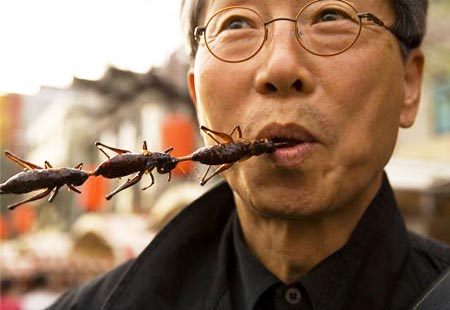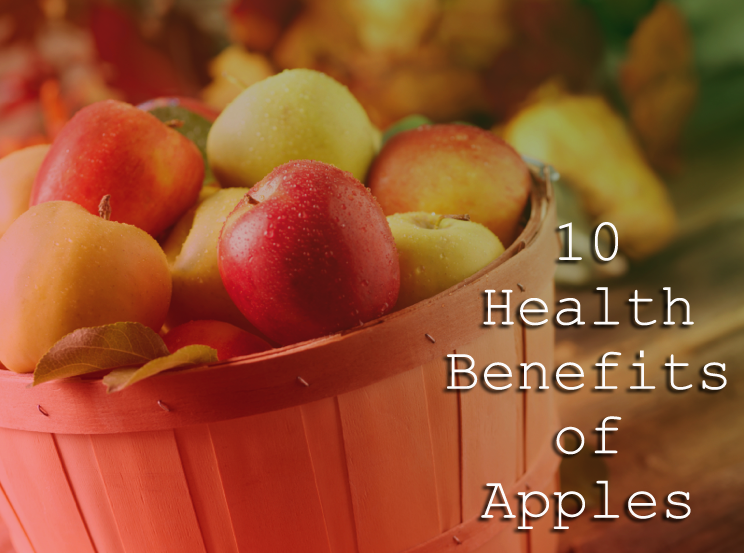Why eating insects is healthy, hold onto your stomach contents before reading.
You’d be surprised to see some of the things that people around the world eat. Oysters, truffles, coffee beans pooped out by bats, and weird sea creatures are just a few of the things that are truly odd if you’d ever stop to consider what you are eating.
Eating insects-also called entomophagy–could very well become the next big eating trend, and you’ll find that eating insects is surprisingly healthy! Why is this?
- It’s eco-friendly — Insects can be found EVERYWHERE, and there’s almost no risk of reducing the insect population in the world. There are more insects on the planet than there are people.
- It’s calorie-friendly — Did you know that every 100 grams of bugs (crickets in this case) contains about 120 calories? You can eat a lot of bugs without eating too many calories, but what calories you do consume are highly nutritious!
- Bugs are a good source of iron –– In every 120 calories of bug, you get about 75.8 milligrams of iron. Iron is necessary for healthy circulation and a healthy heart.
- Bugs are high in protein –– You get 12.9 grams of protein per 100 grams of bug, which, pound for pound, is higher than you’d get from steak, fish, chicken, eggs, and dairy. Caterpillars contain 28 grams of protein per 100 grams of bug.
- They are low-fat — For every 100 grams of bug, you get 49.5 calories of fat–just a little over 5 grams of fat.
- They are low-carb — Bugs contain almost no carbohydrates, so those watching their figures can eat up without worrying about eating too many carbs.
- Insects are rich in Vitamin B — Insects contain lots of thiamine and niacin, also known as Vitamins B1 and B3. Both of these vitamins are very important for overall health, and getting more of them is the key to staying healthy.

READ MORE: Insect Tasting and Wine Pairing
- Insects are rich in calcium –– Crickets in particular are very high in calcium, which plays an important role in bone health as well as fat loss.
- Farming bugs is easy — Seeing as bugs are so tiny, the amount of space needed for farming insects is very minimal.
- Farming bugs is efficient –– Less feed is required for bugs than for cattle and livestock, so the cost of farming bugs for consumption is much lower.
- It could be a solution to world hunger –– If more people would eat bugs, there would be less famine in the world. Edible insects are EVERYWHERE, and there is more than enough to go around.
- It could cure obesity –– Seeing as bugs are low in fat and carbs and high in protein, it’s a viable nutritional option that will do wonders to reduce obesity in the world.
- They won’t make you sick –– Meat has been known to make people sick (and that’s not counting mad cow disease or the swine flu), but edible insects have a VERY low risk of infecting humans with any disease. Most of the bugs that carry diseases are NOT on the edible list anyway.
- They could be made into non-bug form — Instead of eating a plateful of bugs, your meal could be ground into a flour-type product that you can cook with. It’s much easier and far more appetizing than downing whole bugs by the mouthful.
- We’re already consuming bugs anyway –– Did you know that the FDA allows your food and drink to have a certain amount of bug parts in them? It’s fairly minimal, but you’re already eating bugs!








